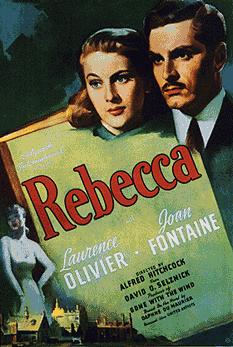 I watched Rebecca on TCM a few days ago. The movie opens with that line as, of course, does the book, which I read so many years ago I can’t remember. It has to be one of the best opening lines for a book ever:
I watched Rebecca on TCM a few days ago. The movie opens with that line as, of course, does the book, which I read so many years ago I can’t remember. It has to be one of the best opening lines for a book ever:
Last night I dreamt I went to Manderley again . . . I came upon it suddenly; the approach masked by the unnatural growth of a vast shrub that spread in all directions . . . There was Manderley, our Manderley, secretive and silent as it had always been, the gray stone shining in the moonlight of my dream, the mullioned windows reflecting the green lawns and terrace. Time could not wreck the perfect symmetry of those walls, nor the site itself, a jewel in the hollow of a hand..
Who would not want to read on after such an opening?
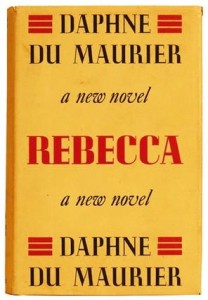 Rebecca by Daphne du Maurier was the hit of its day. First published in 1938, it has been continuously in print and as recently as 1993 was selling 4,000 copies a month. As we romance writers might expect, critics panned the book as “nothing beyond the novelette (The Times) or predicted that the novel “would be here today, gone tomorrow” (Christian Science Monitor ).
Rebecca by Daphne du Maurier was the hit of its day. First published in 1938, it has been continuously in print and as recently as 1993 was selling 4,000 copies a month. As we romance writers might expect, critics panned the book as “nothing beyond the novelette (The Times) or predicted that the novel “would be here today, gone tomorrow” (Christian Science Monitor ).
Books like Rebecca and other gothic romances (Phyllis A. Whitney, Victoria Holt, Mary Stewart) fueled my love of reading when I was young. I could not get enough of the woman-in-peril stories, the sinister mood and suspense–was the hero a villain or a saviour? I read as many as I could get my hands on. When the steamier historical romances became popular, I was ripe for them, too, and I quickly fell in love with Regency romances, the old traditional regencies, as well as Georgette Heyer, and back to Jane Austen.
 Rebecca had early influences, not quite back to regency times, but it is clear the book was influenced by Jane Eyre. The innocent heroine, the dark “widower,” a mysterious servant, a big secret about the hero’s former wife, the fire at the end–all are there. I like that du Maurier wrote such a popular book based on a classic. I had my own Jane Eyre-inspired book, Born To Scandal, after all.
Rebecca had early influences, not quite back to regency times, but it is clear the book was influenced by Jane Eyre. The innocent heroine, the dark “widower,” a mysterious servant, a big secret about the hero’s former wife, the fire at the end–all are there. I like that du Maurier wrote such a popular book based on a classic. I had my own Jane Eyre-inspired book, Born To Scandal, after all.
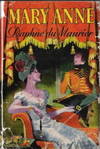 Daphne du Maurier has her own connection to regency times. Her great-grandmother was Mary Anne Clarke, former mistress of Frederick, Duke of York. It was Mary Anne Clarke who sold army commissions with the Duke of York’s knowledge, a scandal which forced Frederick to resign from his position as Commander in Chief of the Army. Du Maurier’s book, Mary Anne, is a fictional account of her great-grandmother’s life.
Daphne du Maurier has her own connection to regency times. Her great-grandmother was Mary Anne Clarke, former mistress of Frederick, Duke of York. It was Mary Anne Clarke who sold army commissions with the Duke of York’s knowledge, a scandal which forced Frederick to resign from his position as Commander in Chief of the Army. Du Maurier’s book, Mary Anne, is a fictional account of her great-grandmother’s life.
Have you read Rebecca? Or have you seen the movie? Can you think of any other great opening lines of books?


 Even though I love Regency Historical Romances, I don’t read many of them these days (although I loved my friend Mary Blayney’s One More Kiss). I can’t read them when I’m writing one, because if I get lost in that book, I won’t get lost in mine, or I may forget which book I’m lost in altogether.
Even though I love Regency Historical Romances, I don’t read many of them these days (although I loved my friend Mary Blayney’s One More Kiss). I can’t read them when I’m writing one, because if I get lost in that book, I won’t get lost in mine, or I may forget which book I’m lost in altogether.
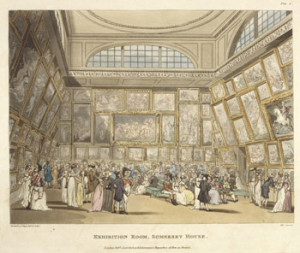


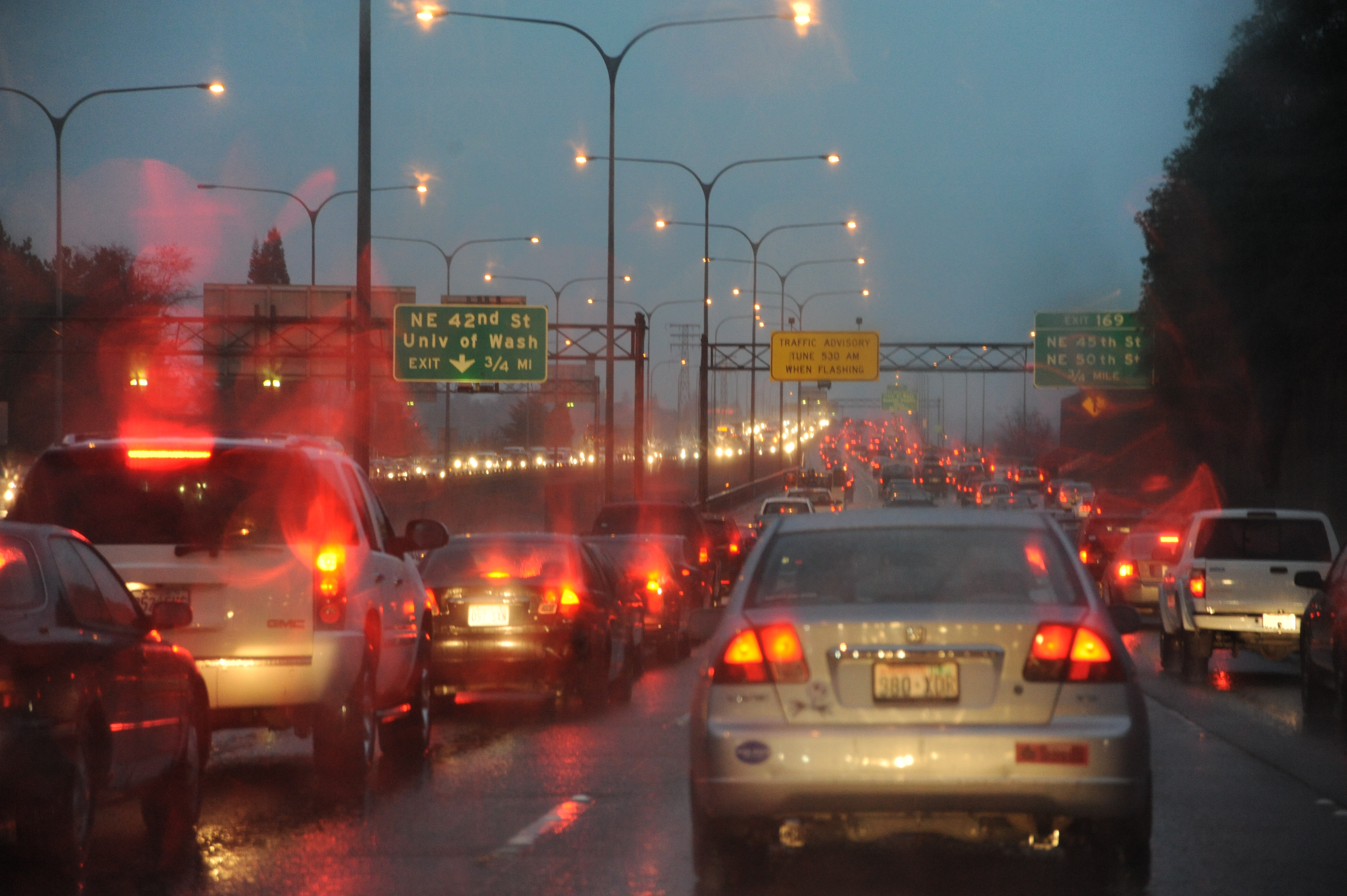



 Rebecca had early influences, not quite back to regency times, but it is clear the book was influenced by Jane Eyre. The innocent heroine, the dark “widower,” a mysterious servant, a big secret about the hero’s former wife, the fire at the end–all are there. I like that du Maurier wrote such a popular book based on a classic. I had my own Jane Eyre-inspired book,
Rebecca had early influences, not quite back to regency times, but it is clear the book was influenced by Jane Eyre. The innocent heroine, the dark “widower,” a mysterious servant, a big secret about the hero’s former wife, the fire at the end–all are there. I like that du Maurier wrote such a popular book based on a classic. I had my own Jane Eyre-inspired book, 